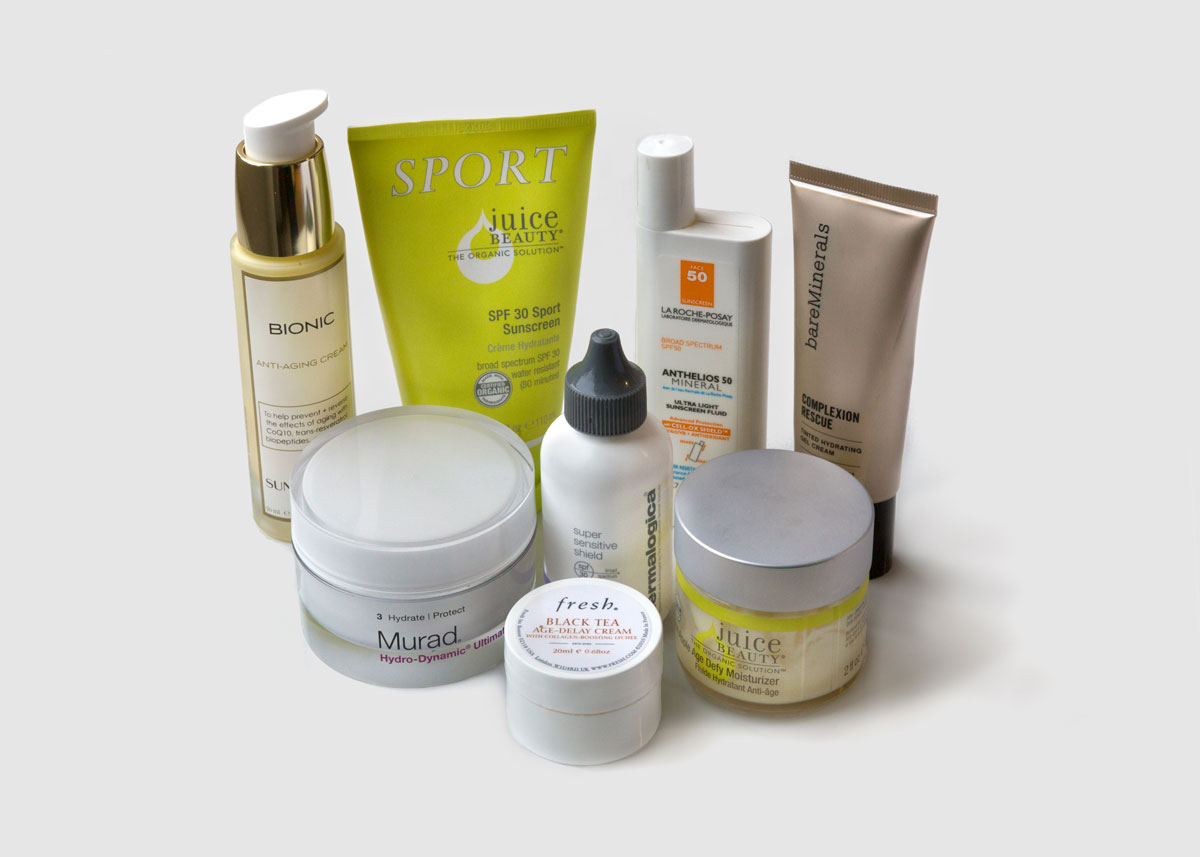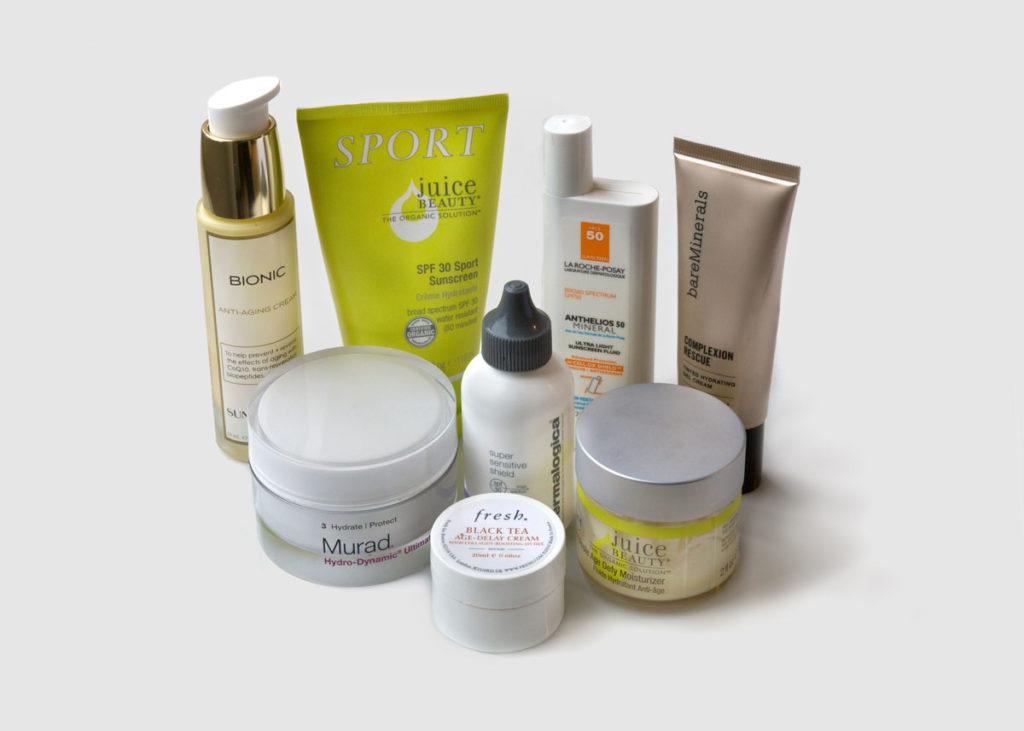4 Skincare Myths That Aren’t True (But You Probably Believe!)
Have you ever been told certain things about your skin, and then believed them for many years? If so, then this article will be a bit of an eye-opener for you! The fact of the matter is; there are loads of skincare myths out there in the health & beauty world. So many people make bold claims without any evidence backing them up. Other people share this information, and it ends up being common knowledge that everyone believes.
Well, now’s your chance to find out if you’ve been lied to your whole life! Here are some common skincare myths that aren’t true, but you’ve believed they are for many years.

Your Skin Is Dry Because It’s Not Hydrated Properly
If you complain to someone about dry skin, they’ll probably tell you its because your skin cells aren’t getting enough hydration. We have a high percentage of water in our body, and your skin isn’t getting enough of it. To solve this problem, you need to hydrate yourself better by drinking more water and using a hydrating moisturizer. Thus, your skin will no longer be dry, and you can happily rejoice.
Is this the truth?
No, and it’s a very common thing for people to believe. The key problem here is that dry skin is not the same as dehydrated skin. Dry skin occurs because of problems with your hormones, which mean you don’t produce natural oils to lubricate your skin. You may be fully hydrated, but the oils just aren’t there, causing dry skin. The issue described above is dehydrated skin, which is completely different. It feels like your skin is dry, but that’s because you aren’t getting enough water. The treatment for dry skin is completely different as you need to target your oils. This comes in the form of oil-based moisturizers and lotions. So, if you have dry skin and are wondering why drinking more water and using a hydrating moisturizer isn’t working, it’s because you’re tackling the wrong problem!
You Need Specific Products For Different Parts Of Your Skin
Let’s say you wake up and have wrinkles on your forehead and crow’s feet at the edge of your eyes. Or, you start to notice wrinkles appearing on your elbows as well as your knees. You want to get rid of these wrinkles, so you go out and buy multiple skin care products. There’s one for crows feet, one for your forehead, one for cheek wrinkles, one for neck wrinkles, and one for your body. If you want to see results, you need these specific products that target the specific areas. Now, you can enjoy smooth, tight skin, once more.
Is this the truth?
No, it’s not. A lot of people assume that you need a cream designed for your face to get rid of face wrinkles, and one for your body to get rid of them there. In reality, all you need is a cream or ointment that includes a de-wrinkling agent. If the product has something that’s proven to fight wrinkles, then it will fight wrinkles no matter where they are. The same goes for any other skin problems you might have. Using a body moisturizer on your face will still moisturize your face! So, don’t assume you have to use special products specifically for body parts, they’re often overpriced, and you can just use a general product instead.
Makeups Containing SPF Can Be Used Instead Of Sunscreen
It’s a sunny day, and you’re getting ready to leave the house and go out. You’ve applied sunscreen to your body, but you’ve left out your face. Why? Because the moisturizer you used contains SPF, as does the foundation you applied. So, that’s all the SPF protection you need, meaning there’s no need for sunscreen. Your face is protected thanks to that lovely layer of makeup.
Is this the truth?
Once again; no, it’s not. While it’s true that a lot of makeup products – particularly foundations, contain SPF, this doesn’t really mean much. At the very most, you get a slither of protection from the sun’s rays. Experts have done the calculations, and they’ve seen that the SPF rating on foundation, and other makeup products, usually refers to how much is in a certain amount. Unsurprisingly, this amount is nowhere near what the average person puts on their face. In reality, you need to apply about ten times as much foundation before you see that SPF rating. Don’t assume your face is protected by SPF foundation, sunscreen is the best way forward.

High SPF Rated Sunscreen Protects You The Best
When you’re choosing a sunscreen for a holiday, you usually look at the SPF number. The higher, the better, right? If you get something with SPF 50, then it’ll protect your skin better than something with SPF 30 or lower. So, all you have to do is selected the highest number for maximum protection.
Is this the truth?
You guessed it; nope, it’s a lie! You see, many people assume that sunscreen protects you from all the harmful UV rays from the sun. But, most of us are unaware that there are multiple UV rays. UVA rays are the ones that give us a nice tan, while UVB are the ones that burn and damage our skin. When you see the SPF rating on a product, it only refers to UVB protection. Therefore, you may not be fully protected from UV rays as the UVA protection could be absent. In reality, an SPF 30 product – that also protects from UVA rays – is better than an SPF 50 with no UVA protection. Of course, if you have two products, both with UVA/UVB protection, then the higher rating wins. But, always make sure you look past the numbers first, to ensure the dual protection is there.
I don’t like to call people names, but you’re a straight up liar if you say you didn’t believe these myths before I busted them! They’re common things that a lot of us believe, but hopefully, some light has been shed, and you now know the truth!

